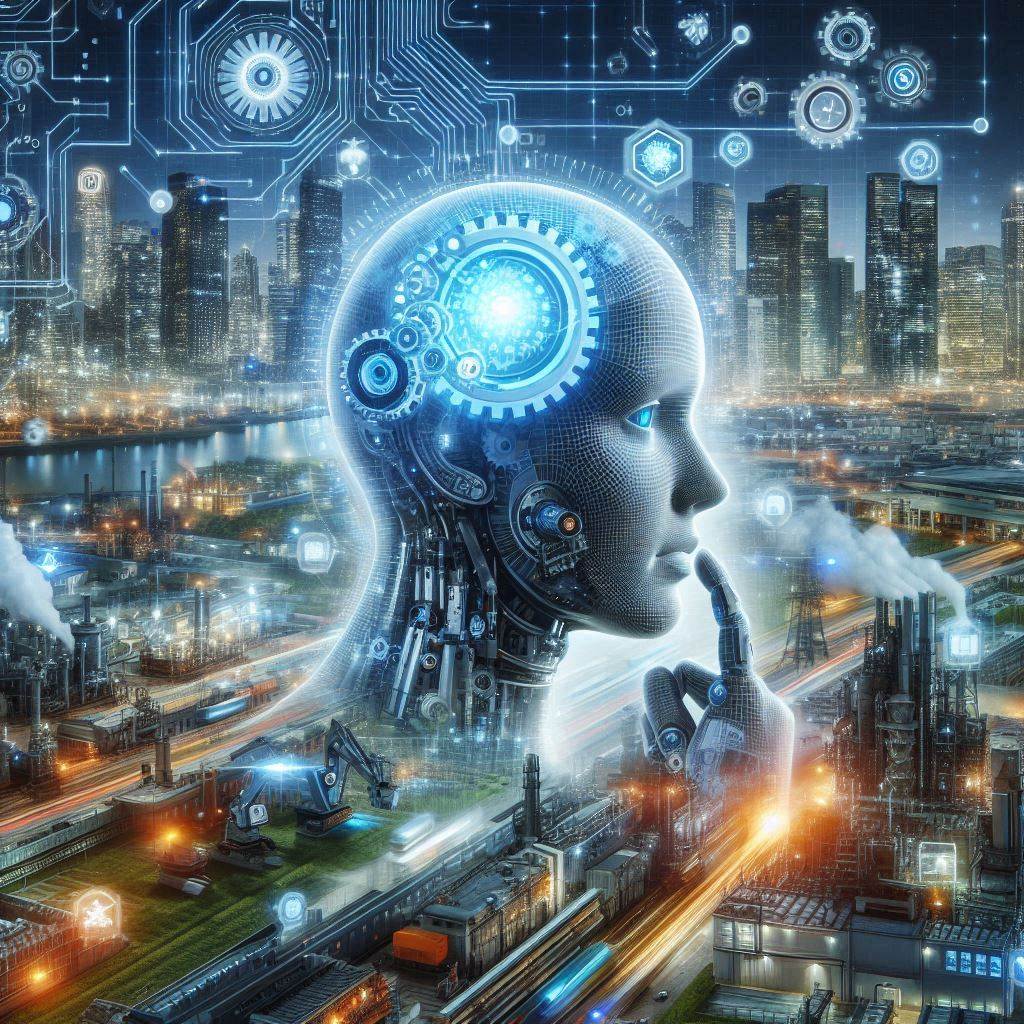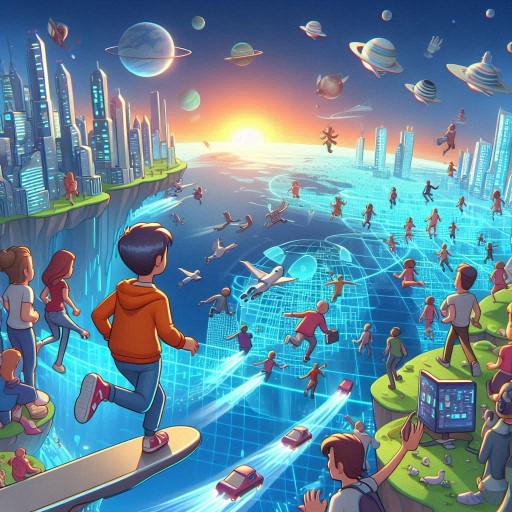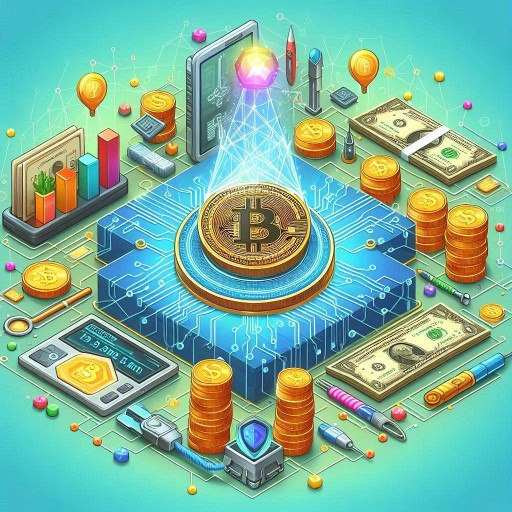TechTrend4u – Artificial Intelligence (AI) has been one of the most exciting and innovative technologies of the past few decades. From virtual assistants to driverless cars, AI has the potential to transform the way we work, live and interact with the world around us. This article will discuss how AI could be the next industrial revolution, replacing and amplifying the role of humans in various sectors.

What is Artificial Intelligence?
Artificial Intelligence is a branch of computer science that focuses on developing machines and software capable of performing tasks that would normally require human intelligence. This includes the ability to learn (machine learning), recognize patterns, solve problems, and even make decisions. In other words, AI is designed to mimic the way humans think, albeit at a much faster and more efficient level.
Read more: Quantum Computing: Solving the Unsolvable Problem
A Brief History of Artificial Intelligence
AI is not a new concept; the idea has been around since the mid-20th century. In 1950, Alan Turing, a British mathematician, asked the famous question, “Can machines think?” This became the foundation of modern AI development. Since then, AI has come a long way, from simple computer programs that can play chess to complex systems that can analyze large amounts of data and make accurate predictions.
Read more: Smart Infrastructure: Building Smarter Cities
How is AI Changing the Industrial World?
Process Automation
One of the biggest impacts of AI is its ability to automate various industrial processes. Robots and AI systems can perform repetitive tasks with speed and precision that far exceeds human capabilities. This not only increases efficiency but also reduces errors and production costs.
For example, in the manufacturing industry, AI is used to control factory machines, monitor product quality, and even predict when machines will need maintenance. This allows companies to save time and costs, while improving the quality of their products.
Data-Driven Decision Making
AI has the ability to analyze large amounts of data and extract relevant information for decision-making. In the business world, this is invaluable. Companies can use AI to predict market trends, understand consumer behavior, and design more effective marketing strategies.
For example, e-commerce companies like Amazon use AI to recommend products to customers based on their shopping behavior. This not only increases sales but also creates a more personalized shopping experience for consumers.
Customer Service Improvement
AI also plays an important role in improving customer service. AI-powered chatbots are capable of answering customer questions, resolving issues, and even making sales, all without human intervention. This allows companies to provide fast and efficient service, 24 hours a day, 7 days a week.
A popular example is a chatbot on a financial services website, which can help customers open accounts, check balances, or even plan investments, all with minimal interaction from human staff.
Read more: Metaverse: The Infinite Virtual World
Challenges and Social Impact of AI
1. Job Replacement
While AI brings many benefits, it also raises concerns, especially about job replacement. AI-powered automation can replace human jobs, especially those that are repetitive and data-driven. This could lead to job losses in some sectors, although it could also create new opportunities in other fields.
2. Ethics and Privacy
AI also raises ethical and privacy questions. For example, how do we ensure that AI is used for good purposes and not misused? How do we protect personal data in an era where AI collects and analyzes large amounts of information?
These questions are important to consider as AI advances. Clear regulations and policies are needed to ensure that AI is developed and used in an ethical and responsible manner.
Read more: Biotechnology and Genomics: Changing the Future of Health
The Future of Artificial Intelligence
Artificial Intelligence is still in its early stages of development, and its potential seems almost limitless. In the future, we will probably see more advanced AI that can perform even more complex tasks, from medical research to the creation of works of art. AI is also expected to cooperate with humans, rather than replace them, to create a more productive and innovative work environment.
Read more: Smart Cities: Building the City of the Future
Conclusion
Artificial Intelligence does have the potential to be the next industrial revolution. With its ability to automate processes, analyze data, and improve customer service, AI could change the way we work and live. However, it is important to remember that like all technologies, AI also comes with challenges that we need to overcome, whether in terms of work, ethics, or privacy. With a wise approach, AI can be a positive force that propels human progress into a brighter future.



